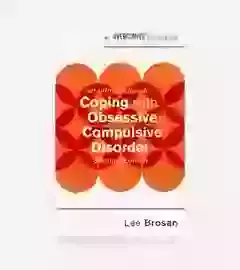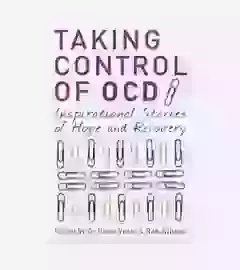What causes OCD?
We don't fully understand what causes OCD, especially as there are so many different types of the condition. However, we do know that it is caused by a combination of biological (genetic), psychological, and social or 'life experience' factors. OCD can sometimes run in families, but even people who have a family history of OCD usually develop it only afterlife experiences 'switch on' the condition. OCD usually begins gradually, and this makes it harder to pinpoint what has triggered it. Sometimes the trigger is a specific event: a trauma, or a life change that brings an increased sense of responsibility.
Some scientists have offered neurobiological explanations of OCD - explanations about the brain and nervous system. One theory focuses on a primitive part of the brain (the basal ganglia) that governs fixed patterns of behaviour. Brain scans show differences in this area between people with and without OCD, but these changes disappear after the OCD is treated, which suggests that they are a consequence of the condition rather than a cause of it. Another theory involves changes in the nerve cells that use the chemical serotonin, but again these changes are reversed after treatment. One view is that these abnormal brain scans and serotonin activity indicate that your system is 'overloaded' - because you think you have the power to prevent awful things from happening and are incredibly anxious about all the things that might happen if you don't - and your brain is trying to rebalance itself in response to this overload.














